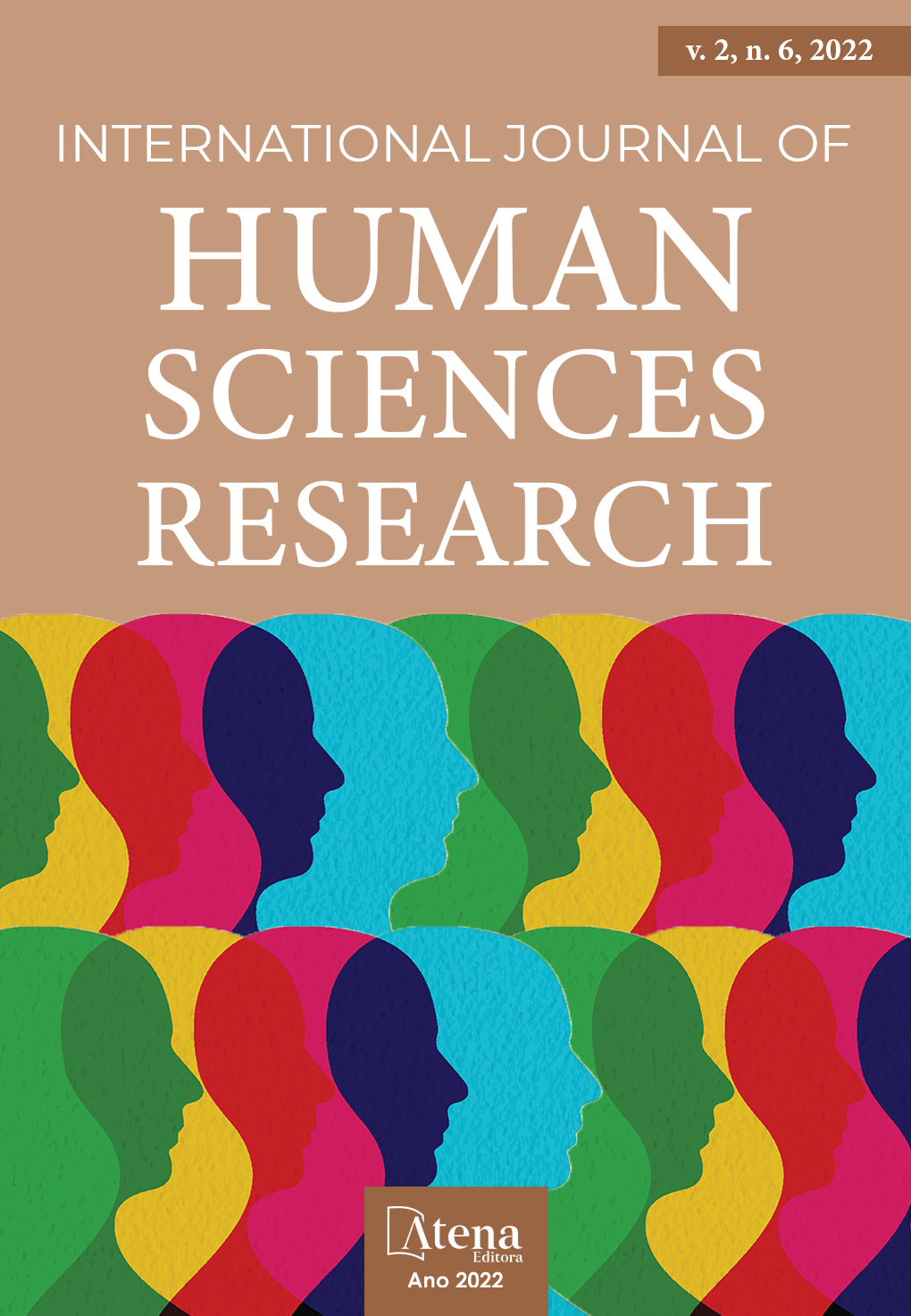
THE KORSAKOW PLATFORM AND NONLINEAR NARRATIVES AS A MEANS TO ENHANCE FOREIGN LANGUAGE LEARNING IN HE
The Covid-19 pandemic has posed great challenges to higher education (HE) and, in particular, to foreign language (FL) teaching. If, on the one hand, the lockdown and remote learning measures have brought constraints to teaching and research activities, on the other hand, they have fostered resilience, promoted creativity, and accelerated the use of technologies and digital transformation. The use of the Korsakow platform and the creation of non-linear storytelling are the strategies underlying an innovative methodology concerning the learning process of French and English as FL, in HE in Portugal. The JASM project (Open window onto the world: foreign languages, multimodal creativity, and pedagogical innovation in higher education) involves a group of students attending the bachelor’s course in Media Studies of the School of Education in Viseu. Students develop their assignments based on data analysis, related to diverse cultural and linguistic contexts within the city of Viseu, including interviews, photographs, and narratives centred on a migrant’s tradition. Digital art and online tools ensure greater motivation in acquiring multilingual skills and developing multilingual awareness. In this way, the various dimensions of language (aesthetic, emotional, and cognitive) are reinforced, in a remote teaching scenario/context, which is creative and collaborative while also mobilizing interdisciplinary skills. Such a reflection appears to be particularly relevant at a time when one needs clearly to adapt teaching and learning to the needs of society and rely upon pedagogical innovation, with students whose HE training has specific objectives other than the ones of those enrolled in language courses. The methodology is discussed, and the results of this project-based learning are presented.
THE KORSAKOW PLATFORM AND NONLINEAR NARRATIVES AS A MEANS TO ENHANCE FOREIGN LANGUAGE LEARNING IN HE
-
DOI: 10.22533/at.ed.558262210034
-
Palavras-chave: Pedagogical innovation, higher education (HE), foreign languages (FL) and linguistic and cultural diversity, online tools, multilingual and multimodal artistic creativity.
-
Keywords: Pedagogical innovation, higher education (HE), foreign languages (FL) and linguistic and cultural diversity, online tools, multilingual and multimodal artistic creativity.
-
Abstract:
The Covid-19 pandemic has posed great challenges to higher education (HE) and, in particular, to foreign language (FL) teaching. If, on the one hand, the lockdown and remote learning measures have brought constraints to teaching and research activities, on the other hand, they have fostered resilience, promoted creativity, and accelerated the use of technologies and digital transformation. The use of the Korsakow platform and the creation of non-linear storytelling are the strategies underlying an innovative methodology concerning the learning process of French and English as FL, in HE in Portugal. The JASM project (Open window onto the world: foreign languages, multimodal creativity, and pedagogical innovation in higher education) involves a group of students attending the bachelor’s course in Media Studies of the School of Education in Viseu. Students develop their assignments based on data analysis, related to diverse cultural and linguistic contexts within the city of Viseu, including interviews, photographs, and narratives centred on a migrant’s tradition. Digital art and online tools ensure greater motivation in acquiring multilingual skills and developing multilingual awareness. In this way, the various dimensions of language (aesthetic, emotional, and cognitive) are reinforced, in a remote teaching scenario/context, which is creative and collaborative while also mobilizing interdisciplinary skills. Such a reflection appears to be particularly relevant at a time when one needs clearly to adapt teaching and learning to the needs of society and rely upon pedagogical innovation, with students whose HE training has specific objectives other than the ones of those enrolled in language courses. The methodology is discussed, and the results of this project-based learning are presented.
-
Número de páginas: 11
- Isabel Oliveira
- José Pereira
- Romain Gillain
- Susana Amante
- Susana Fidalgo
- Susana Relvas
- Véronique Delplancq
- Ana Maria Costa Lopes


